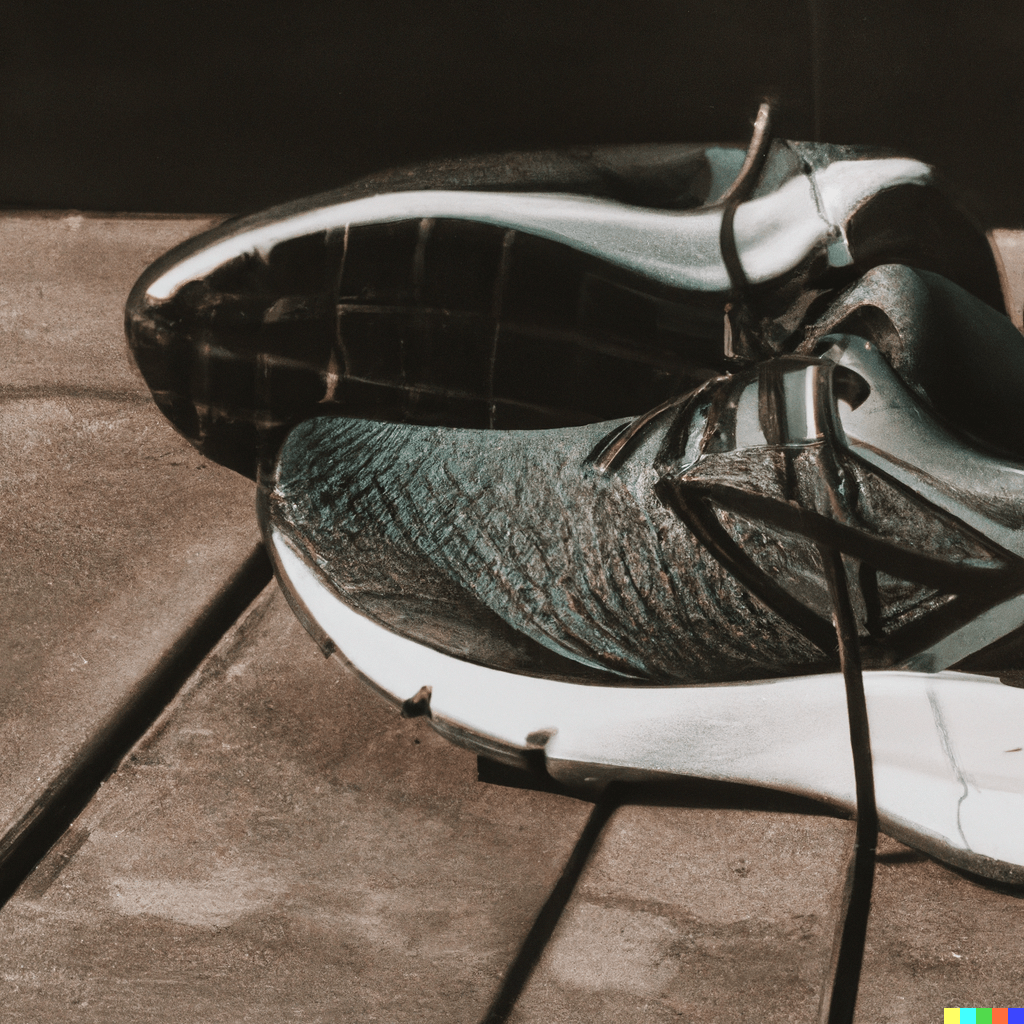
Hiking is an activity that has been enjoyed by people for centuries. It involves walking on trails or paths in natural environments, such as forests, mountains, and parks. Hiking is a low-impact exercise that is suitable for people of all ages and fitness levels, making it a great way to stay active and healthy. But hiking isn't just good for your physical health; it also has numerous mental health benefits. In this article, we will explore the benefits of hiking and how it can improve your physical and mental well-being. We will also provide tips for hiking safely so that you can enjoy all the benefits of hiking while staying safe and prepared for any situation. So, whether you are an experienced hiker or just starting out, read on to discover how hiking can improve your overall health and well-being.
Physical Benefits of Hiking
- Improves cardiovascular health
- Burns calories and aids in weight loss
- Strengthens muscles and bones
- Reduces the risk of chronic diseases
Hiking is an excellent cardiovascular exercise that can improve heart health. It increases the heart rate and oxygen intake, which strengthens the heart muscle and lowers the risk of heart disease.
Hiking is an effective way to burn calories and lose weight. It can burn up to 400-700 calories per hour, depending on the intensity and terrain.
Hiking is a weight-bearing exercise that strengthens muscles and bones. It targets the lower body muscles, such as the calves, quads, and glutes, as well as the core muscles. It also helps to improve balance and coordination.
Hiking can reduce the risk of chronic diseases, such as type 2 diabetes, high blood pressure, and osteoporosis. It also helps to improve immune function and reduce inflammation in the body.
Mental Benefits of Hiking
- Reduces stress and anxiety
- Improves mood and self-esteem
- Enhances cognitive function
- Promotes mindfulness and meditation
Hiking is a great way to reduce stress and anxiety. It provides a break from daily routines and allows you to connect with nature. The fresh air, sunlight, and natural scenery can have a calming effect on the mind and body.
Hiking can improve mood and self-esteem. It releases endorphins, which are natural feel-good chemicals in the brain. It also provides a sense of accomplishment and boosts self-confidence.
Hiking can enhance cognitive function, such as memory and attention span. It provides a break from technology and stimulates the brain with new sights, sounds, and smells. It also improves creativity and problem-solving skills.
Hiking can promote mindfulness and meditation. It allows you to be fully present in the moment and connect with nature. It also provides an opportunity for introspection and self-reflection.
Tips for Hiking Safely
- Choose appropriate gear and clothing
- Stay hydrated and nourished
- Plan your route and inform others
- Be aware of wildlife and natural hazards
- Carry emergency supplies
Wear appropriate gear and clothing for the terrain and weather conditions. Choose comfortable and supportive shoes or boots with good traction, and dress in layers to adjust for changing temperatures.
Bring plenty of water and snacks to stay hydrated and nourished during your hike. Pack high-energy foods, such as nuts, fruits, and protein bars, to keep your energy levels up.
Plan your route in advance and inform someone of your hiking plans, including your expected route and return time. Stay on marked trails and avoid venturing off the beaten path.
Be aware of wildlife and natural hazards, such as steep drop-offs, loose rocks, and poisonous plants. Respect wildlife by keeping a safe distance and never feeding them.
Carry emergency supplies, such as a first-aid kit, a flashlight, a whistle, and a map and compass or GPS. Know how to use them in case of an emergency.
Conclusion
In conclusion, hiking is an activity that offers numerous physical and mental health benefits. From improving cardiovascular health and strengthening muscles and bones to reducing stress and anxiety and promoting mindfulness and meditation, hiking is an excellent way to stay active and healthy while enjoying the great outdoors. With proper preparation and safety precautions, hiking can be a safe and enjoyable activity for people of all ages and fitness levels. So, whether you prefer short, leisurely hikes or challenging, multi-day treks, consider incorporating hiking into your fitness routine to improve your overall health and well-being. Get outside, breathe in the fresh air, and enjoy all that nature has to offer!








